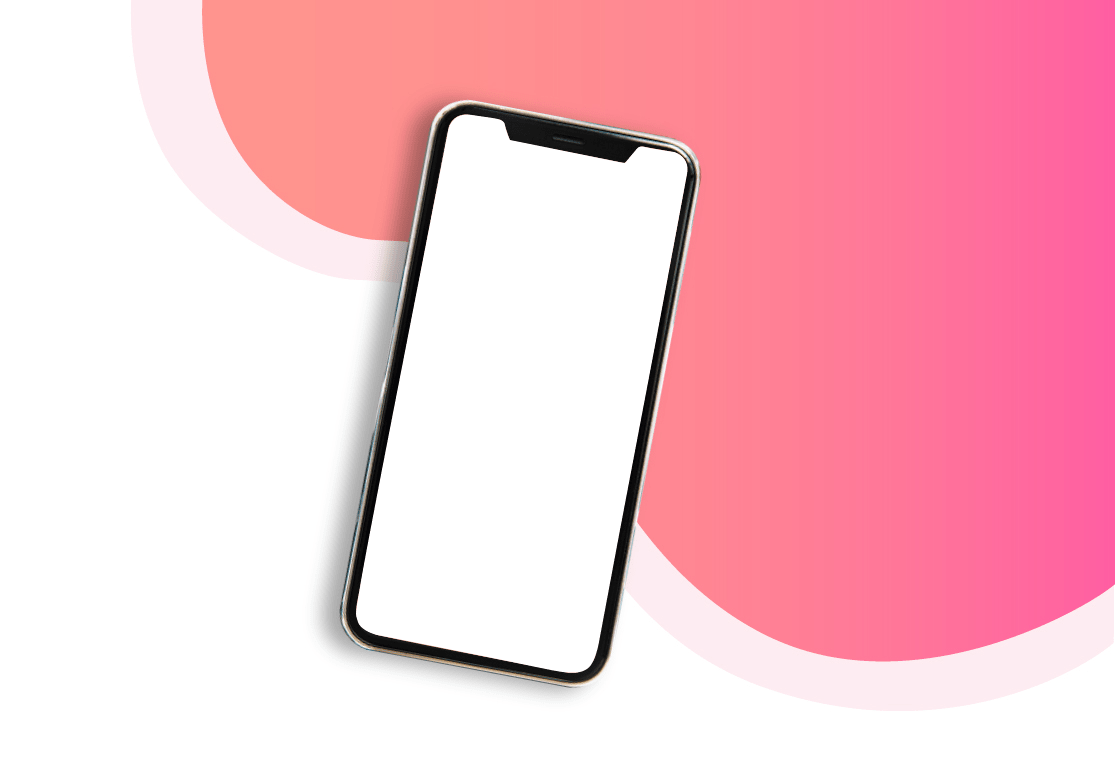30 questions your buyers want your website (not your salespeople) to answer
It’s incredible how many times I still hear things like “Our customers don’t find us online” or “I know I need to have a website, but it doesn’t really have a significant impact on our sales.” The data about B2B buying behavior begs to differ. In Demand Gen’s Sixth Annual B2B Buyer’s Survey, “web search” and “vendor websites” were the first two sources B2B buyers turned to for potential solutions when they had a problem. And according to Forrester 74% of business buyers conduct more than half of their research online before making an offline purchase.
Something else I hear all too often is “The website just needs to get people to pick up the phone and call us for more info, our sales people will do the rest.” Ha! According to a study done by Accenture of business buyers, only 12% of buyers actually want to meet with a sales representative. Most respondents (71 %) prefer to conduct research and purchase on their own with access to a sales representative via phone or chat only when needed
The reality, as documented by Lori Wizdo at Forrester, is that in today’s digital world 74% of business buyers conduct more than half of their research online before making an offline purchase.
That bears repeating.
More than half of every sales cycle for large, complicated, B2B (yes, that’s business to business) transactions are conducted online by the customer. That means the customer is doing their own research. They are finding potential vendors, researching who can meet their needs and diving deep into the details of potential solutions. They are controlling their journey through the buying cycle instead of the vendor controlling the sales cycle.
What does that mean for you and your website? Business buyers want to self-educate and they expect you to provide them with the content they need. If they can’t find you, can’t find your website or can’t find the content they need, guess what? You’re off the list.
A B2B buyer expects to have the following questions answered online about your company.
- How big are you?
- Are you going to be around for a while?
- Can I depend on you?
- Will you make me look good?
- Are you trustworthy?
- Who’s in charge?
- Who else does business with you?
- What kind of people do you employ?
- Do I know anyone that works for you?
- What kind of support will you offer?
- What are other customers and companies saying about you?
- Do you understand my industry? My business?
- Where are you?
- What makes your company different from your competitors?
To convince a business buyer that you are worth considering you need to answer those questions and more. You also need to be prepared to answer the following kinds of questions about your product or service:
- Does your product or service solve my business problem?
- What kind of results can I expect?
- How does it work?
- How long will it take?
- How much will it cost?
- How much of my time will be involved?
- What does the output or the product look like? Show me.
- Can I try your product or service? Let me do that right now.
- Who else has used it?
- What was their experience?
- How long have people been using this product or service?
- Who will I work with?
- What are the risks?
- What are the rewards? Tell me again about typical results.
- How do I contact you with a few questions?
- When are you going to get back to me?
Bottom Line:
If you aren’t thinking about who your potential buyers are and what they go through when they decide they need help and are going to look for someone like you, you better start! Today. Don’t hesitate. Work on creating customer-centric content now.
Start defining your buyer personas – meaning the typical person(s) that is going to hire you or buy from you. Put yourself in their shoes and think about, or better yet, document the journey they take from the moment they realize they have a need to the point they implement a solution.
By doing these two things, you’ll quickly discover exactly what your website and your content and digital marketing needs to do to build awareness, generate demand and accelerate sales. You’ll uncover what topics your buyers expect you to address and where they expect you to be.
Most importantly, you’ll figure out what kind of role your website will play in the whole process and I’d be willing to bet it’s going to be at the core of it all. You may even discover that your buyers want to conduct even more of the sales process online, they might want to get an immediate quote or configure their order on their own – both of which are features being introduced online by companies every day. And, online B2B buying is on the rise too. Don’t get left behind!
What are your sales people doing you ask? They are handling far more inquiries than ever before. And, they aren’t just reciting the basics, they are working hard to map your solutions to the companies asking for them. They are expected to demonstrate a solid understanding of your customers business and industry.
Oh, and they get to respond to all the leads generated by your website too. It’s critical that you have the right processes in place to capture the interest generated on your website and respond in a timely and personalized fashion. Research shows that B2B buyers value timely responses and a sense of urgency from their vendors. Gotta’ be in it to win it!




